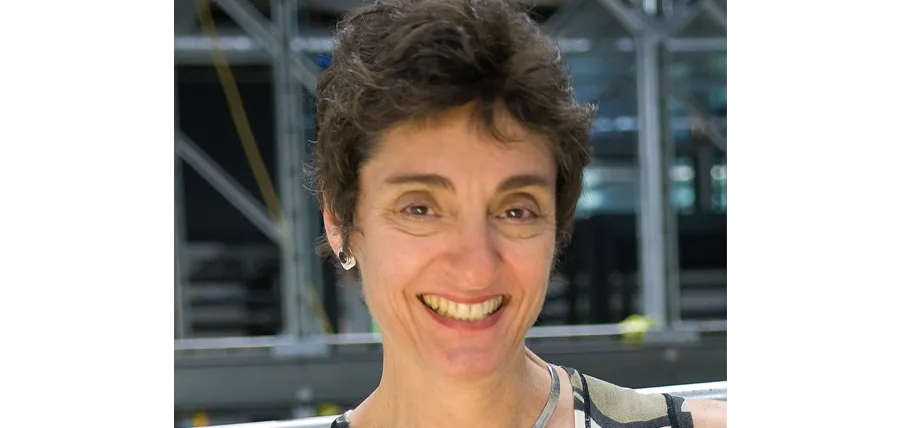
Stanford Medicine News Center - June 2nd, 2015 - by Amy Adams
Carla Shatz, PhD, a Stanford University professor of biology and of neurobiology, will be awarded the 2015 Gruber Foundation Neuroscience Prize for her work in understanding how brain signaling controls wiring and plasticity in the brain, the foundation announced today.
Shatz will share the $500,000 prize with Michael Greenberg, PhD, a professor of neurobiology at Harvard.
In her research, Shatz, who holds the Sapp Family Provostial Professorship in Neurobiology and the David Starr Jordan Directorship of Stanford Bio-X, has uncovered mechanisms that the brain uses to select which connections to either strengthen or prune back as brain circuits form. She also discovered that well-known proteins, previously associated exclusively with the immune system, play a role in this pruning process.
In a statement, the Gruber Foundation said that work by Shatz and Greenberg has “provided new insight into how neural circuit function regulates brain development and plasticity and how dysfunction can contribute to neuropsychiatric disorders such as autism and schizophrenia.”
Shatz has studied how the brain merges visual signals from both eyes to form a single image. In early mammalian development, neurons that relay signals from the eyes make excess connections with the brain. The brain begins pruning back some of these connections in utero, before the animal has even opened its eyes, then refines the connections after birth when the eyes begin transmitting visual signals. As many as half of the initial connections are eventually clipped back.
The final connections allow the brain to detect a single, unified view of the world through two eyes.
A surprising finding from this work was that proteins responsible for regulating which connections to keep and which to eliminate turn out to be proteins originally considered the exclusive property of immune cells.
Shatz has said that she initially met some resistance when she proposed a role for those proteins in neurons. “At first, people thought we were wrong,” she said. “Now we’ve shown that the nervous system has just as much right to these immune proteins as the immune system.”
Shatz has also studied how brain connections are pruned away during Alzheimer’s disease, work that she hopes could lead to better treatments.
Previous Stanford recipients of the Gruber Prize include Eric Knudsen, PhD, professor of neurobiology.

